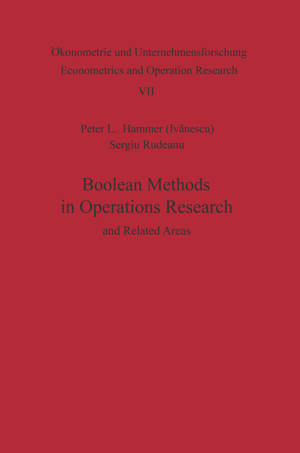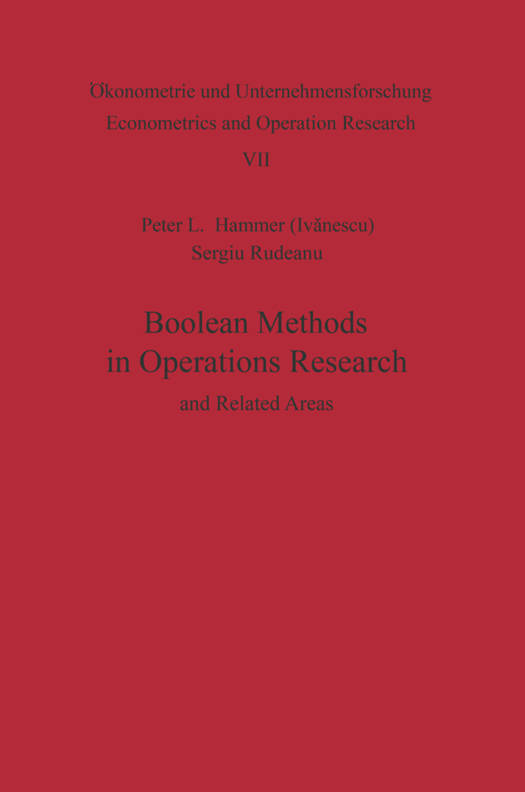
- Afhalen na 1 uur in een winkel met voorraad
- Gratis thuislevering in België vanaf € 30
- Ruim aanbod met 7 miljoen producten
- Afhalen na 1 uur in een winkel met voorraad
- Gratis thuislevering in België vanaf € 30
- Ruim aanbod met 7 miljoen producten
Zoeken
Omschrijving
In classical analysis, there is a vast difference between the class of problems that may be handled by means of the methods of calculus and the class of problems requiring combinatorial techniques. With the advent of the digital computer, the distinction begins to blur, and with the increasing emphasis on problems involving optimization over structures, tIlE' distinction vanishes. What is necessary for the analytic and computational treatment of significant questions arising in modern control theory, mathematical economics, scheduling theory, operations research, bioengineering, and so forth is a new and more flexible mathematical theory which subsumes both the cla8sical continuous and discrete t 19orithms. The work by HAMMER (IVANESCU) and RUDEANU on Boolean methods represents an important step in this dnectlOn, and it is thus a great pleasure to welcome it into print. It will certainly stimulate a great deal of additional research in both theory and application. RICHARD BELLMAN University of Southern California FOf(, WOl'
Specificaties
Betrokkenen
- Auteur(s):
- Uitgeverij:
Inhoud
- Aantal bladzijden:
- 331
- Taal:
- Engels
- Reeks:
- Reeksnummer:
- nr. 7
Eigenschappen
- Productcode (EAN):
- 9783642858253
- Verschijningsdatum:
- 23/08/2014
- Uitvoering:
- Paperback
- Formaat:
- Trade paperback (VS)
- Afmetingen:
- 156 mm x 234 mm
- Gewicht:
- 485 g

Alleen bij Standaard Boekhandel
+ 105 punten op je klantenkaart van Standaard Boekhandel
Beoordelingen
We publiceren alleen reviews die voldoen aan de voorwaarden voor reviews. Bekijk onze voorwaarden voor reviews.











